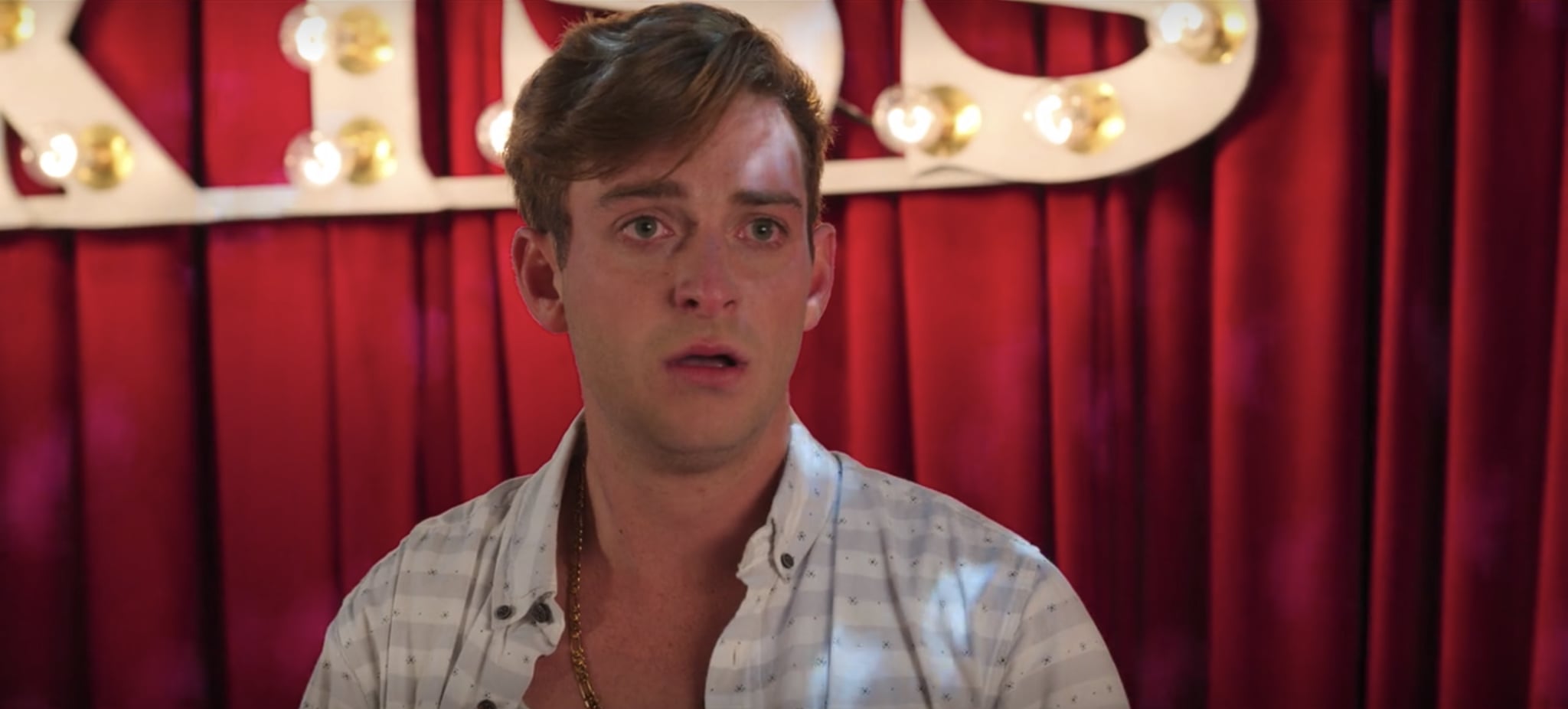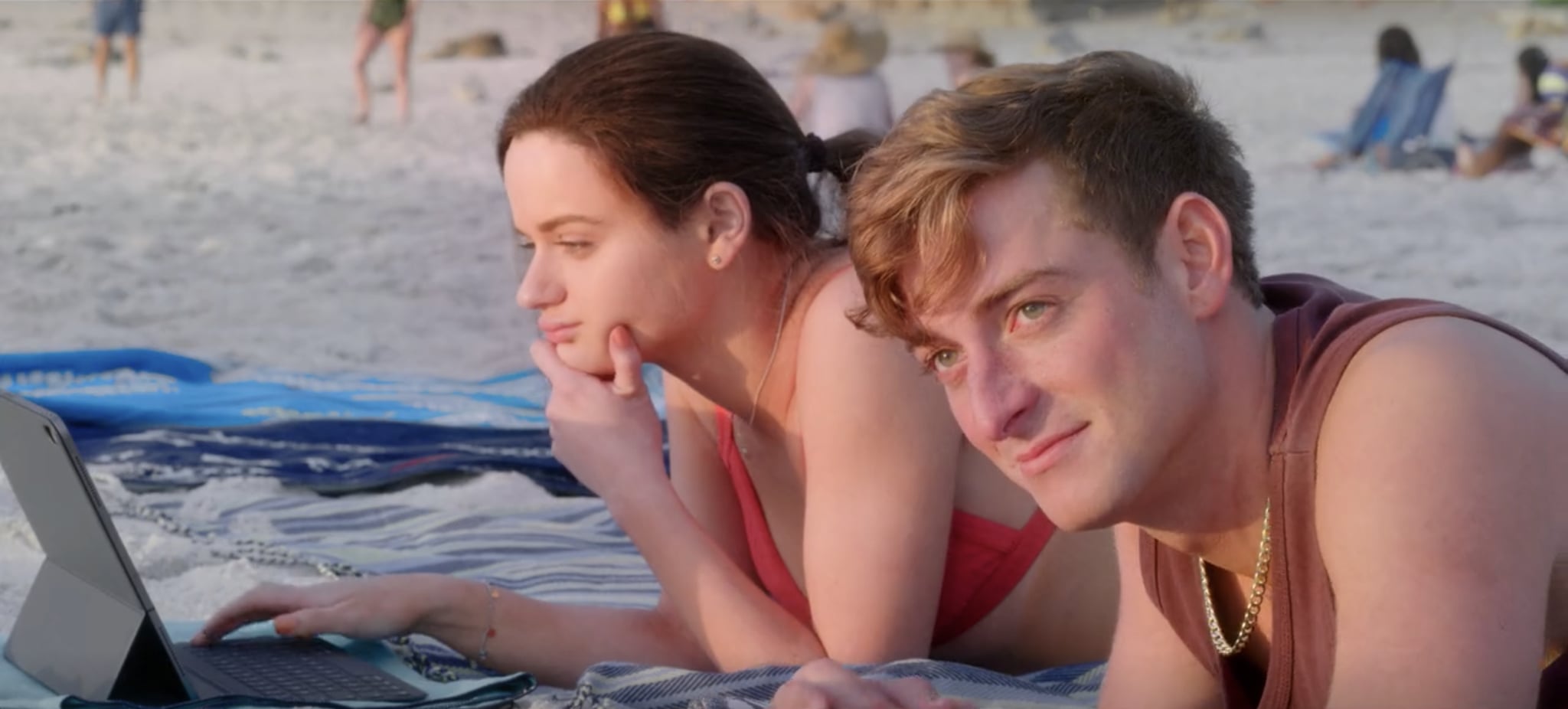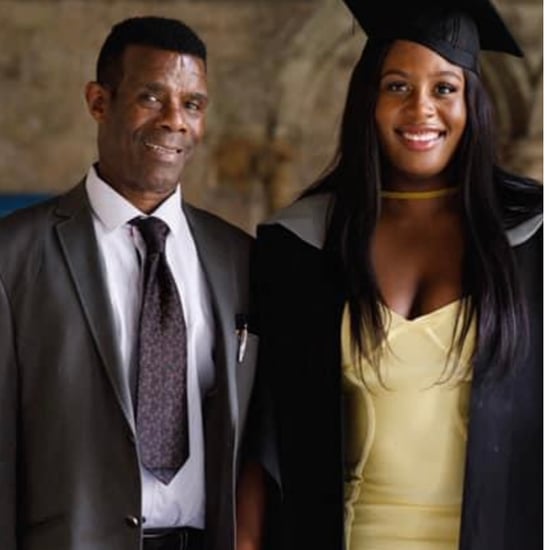Why The Kissing Booth 2's Gay Subplot Is Problematic
The Kissing Booth 2's Gay Subplot Is a Frustrating Example of Performative Activism

Love triangles, tested friendships, college applications, dance competitions, and a whole new carnival kissing booth to plan were just a few of the many events that complicate Elle's life in Netflix's The Kissing Booth 2. And with these new storylines come new characters, most prominently fresh love interests Marco (Taylor Zakhar Perez) and Chloe (Maisie Richardson-Sellers). However, the addition of Ollie (Judd Krok) and his coming to terms with his sexuality was one plot I just couldn't get on board with — Ollie deserves so much more.
"While the storyline was underdeveloped in its own right, it also added very little to the main narrative, leaving me to question why it was included in the first place if not for some pseudo act of 'wokeness.'"
My first red flag should have been that it took me about an hour and half through the movie before I even learned Ollie's name. It's possible I missed it, but had he been given more screen time and attention, I probably wouldn't have. By the time the movie finished, he and Miles (Evan Hengst) shared about four scenes together across the entire film. While the storyline was underdeveloped in its own right, it also added very little to the main narrative, leaving me to question why it was included in the first place if not for some pseudo act of "wokeness."
It feels obvious that the filmmakers were trying to expand romantic relationships past the many heteronormative pairings by including a gay couple. While these changes are welcome, they shouldn't be done solely for the sake of proving how progressive a film is, which is exactly how the sequel felt. The poorly planned relationship was, at worst, in bad taste. The moments I found truly problematic were the numerous times Elle tried to compare her — largely self-inflicted — struggles with Noah to Ollie's coming out.

At one point, Elle encourages Ollie to not care what the guys think and to not let their opinions stop him from being with the person he likes. She goes on to say that she "knows all about that," comparing his situation to the time that she snuck around with her best friend's brother even though he explicitly asked her not to. Forgive me for saying those aren't the same thing.
Later, as Marco tries to convince Elle to be with him, he begs her to not let being afraid stop her from getting what she really wants. The camera then slowly pans to Ollie and Miles who are happily together after kissing each other at the kissing booth. She uses them as an example to love without fear and chase after Noah even though it seems clear they don't work well long distance. Assuming Elle, a straight woman, can not only understand but empathize with the experiences of a homosexual classmate is not allyship, it's a microaggression. Pretending Elle shares any of their struggles is not OK.
While maybe subtle, both of these moments pull focus from the marginalized relationship the writers seemed so intent on including. It feels performative, not genuine, and a completely missed opportunity to expand upon an important dynamic. When The Kissing Booth 3 does happen, I hope that diversity and inclusion are given the serious attention they deserve, and not simply checked off as a plot point.






